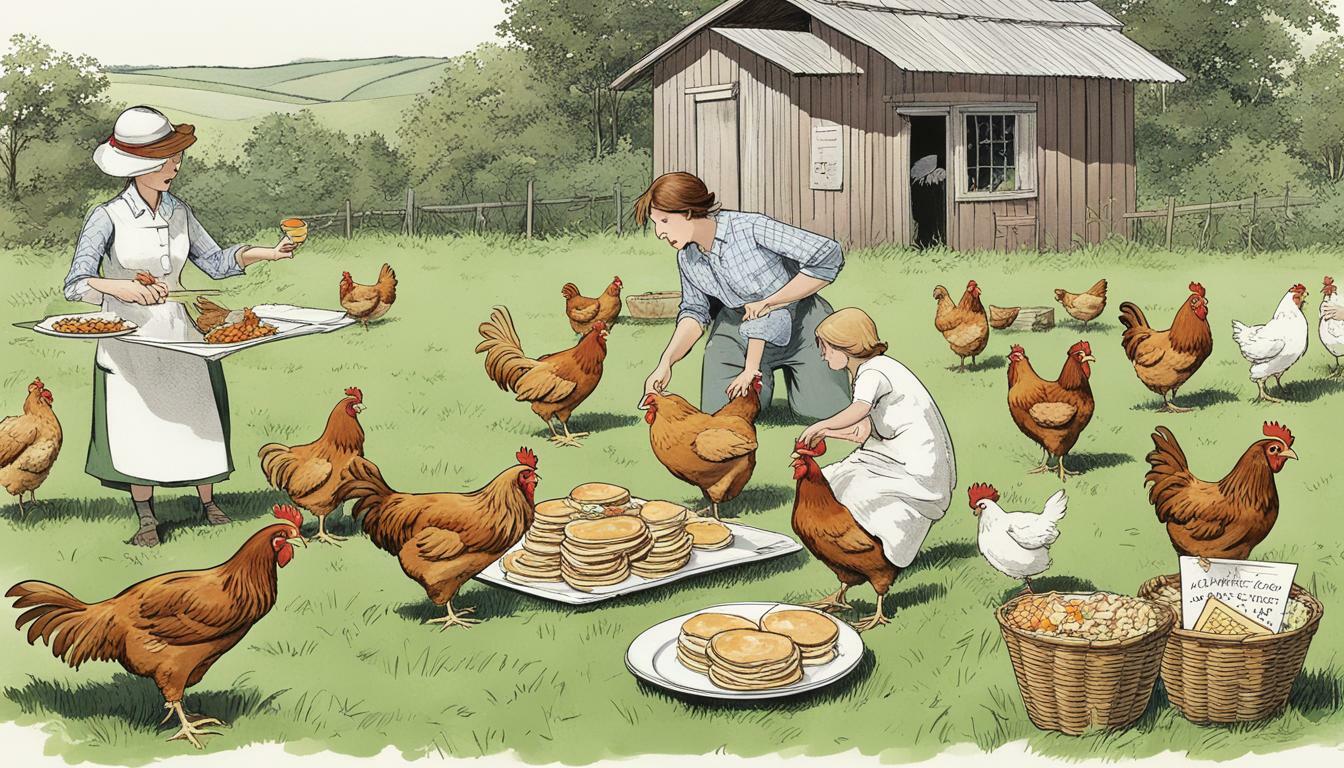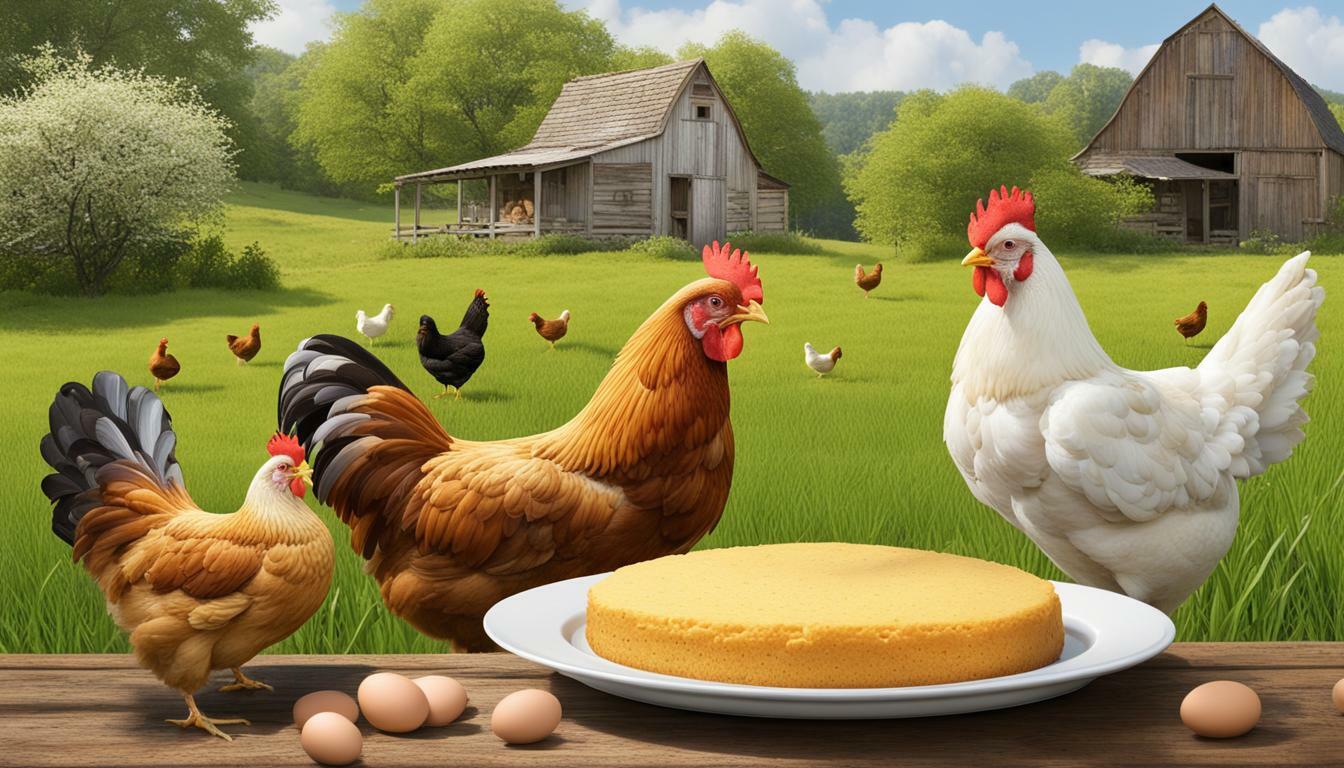Can Chickens Eat Alfalfa? Benefits and Things to Consider
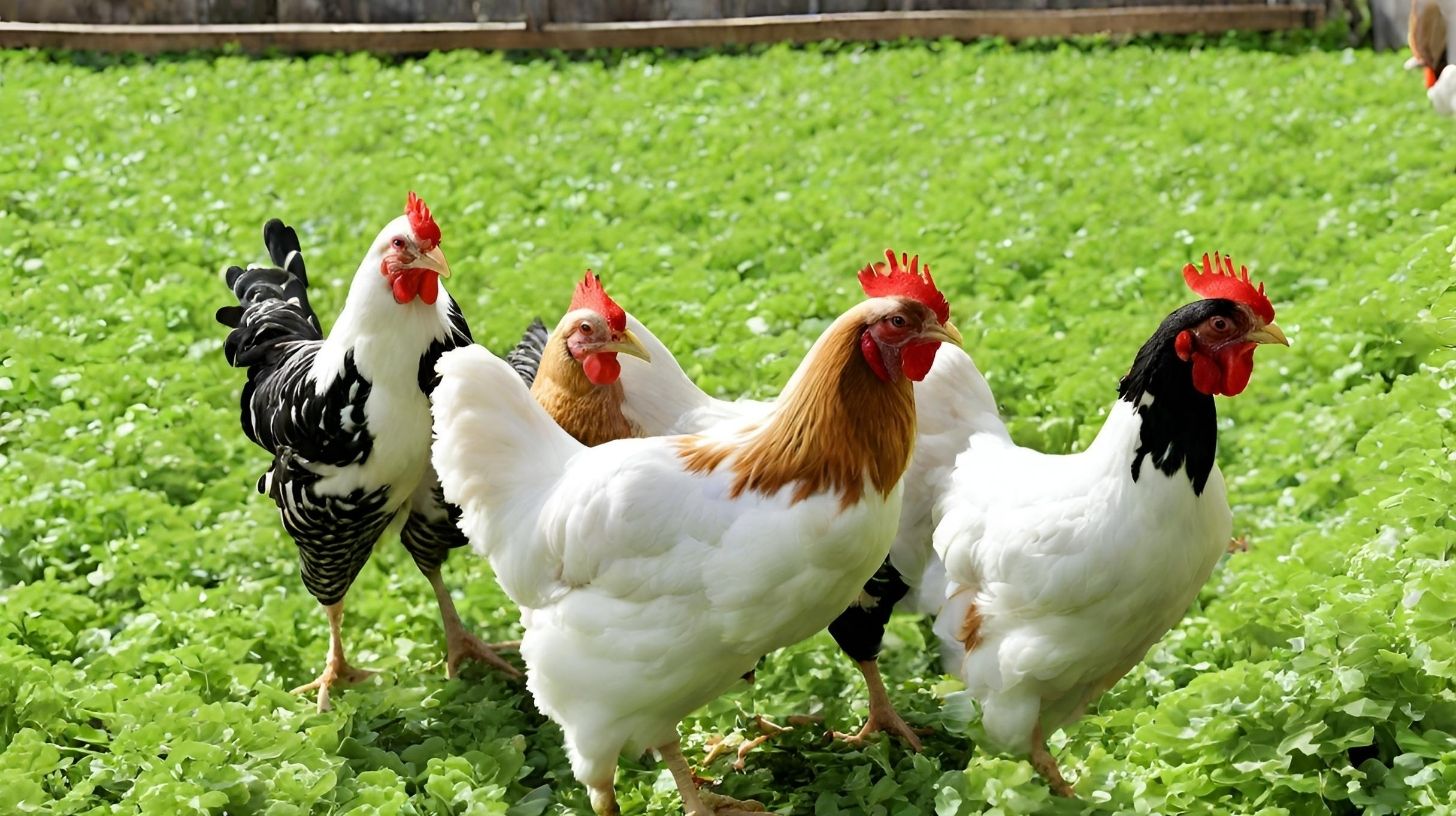
Table of content:
- The Benefits of Feeding Chickens Alfalfa
- How Much Alfalfa Can Chickens Eat?
- Purchasing and Storing Alfalfa for Chickens
- Is Alfalfa Safe For Chickens?
- What Are the Benefits of Feeding Chickens Alfalfa?
- Should I Feed My Chickens Alfalfa?
- Do Chickens Like Eating Alfalfa?
- Is Alfalfa High in Protein for Chickens?
- FAQs about Feeding Chickens Alfalfa
- Conclusion
Alfalfa, a legume commonly used as forage for horses and cattle, can also be incorporated into backyard chicken diets in moderation. Chickens may enjoy nibbling on fresh alfalfa sprouts or pecking at bundles of alfalfa hay.
Key Takeaways:
- Alfalfa can be fed to chickens in moderation as hay, pellets, or meals. It provides protein, vitamins, and minerals.
- Feed no more than 10% of a chicken’s diet as alfalfa to avoid potential health issues. Provide free-choice calcium.
- Alfalfa is safe for chickens but can cause toxicity in large amounts due to its high protein content. Monitor for signs.
- Purchase high-quality, mold-free alfalfa. Store properly to retain nutrients.
- Consider alfalfa as a supplemental treat or protein boost, not a primary feed ingredient.
- Balance alfalfa with other forages like grains, vegetables, fruits, and grass.
Providing small amounts of alfalfa can give chickens’ diets a nutritional boost. However, alfalfa’s high protein content means it should be fed carefully and balanced with other feed sources. Understanding the pros and cons of feeding alfalfa to chickens is important.
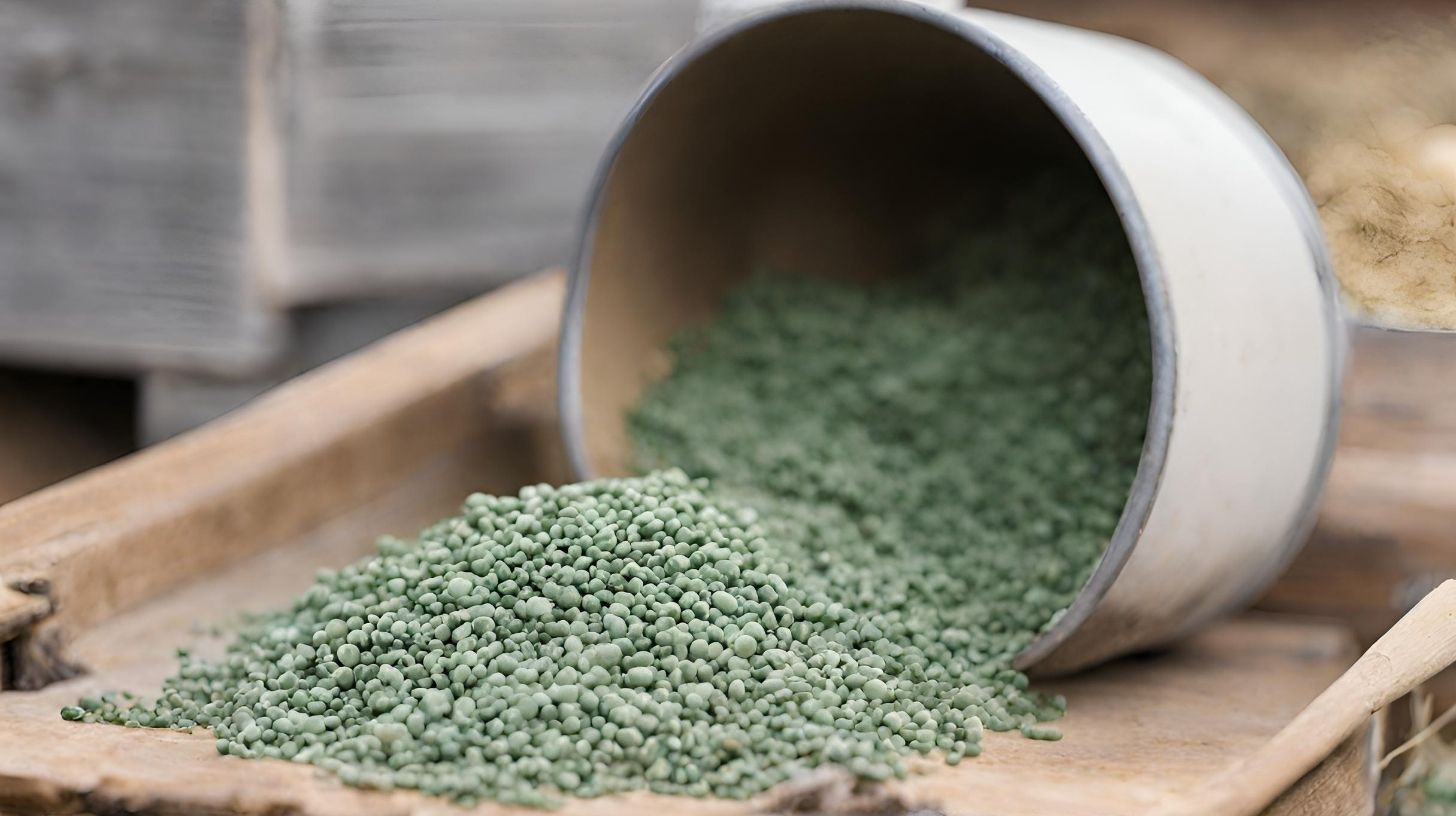 The Benefits of Feeding Chickens Alfalfa
The Benefits of Feeding Chickens Alfalfa
Alfalfa can provide some potential benefits when included as a supplemental feed for chickens:
- High in protein: Alfalfa is very high in protein, containing 15-25% crude protein. Extra protein from alfalfa can help stimulate egg production in laying hens.
- Rich in vitamins and minerals: Alfalfa contains vitamins A, E, K, and B vitamins, plus minerals like calcium, phosphorus, iron and zinc. These nutrients support chicken health.
- Natural foraging opportunity: Allowing chickens to peck at alfalfa hay bales or fresh alfalfa sprouts provides a natural foraging experience.
- Palatable flavor: Many chickens enjoy the flavor of fresh alfalfa. The variety and different texture can stimulate their appetite.
- Supports digestive health: Some chicken keepers find alfalfa aids digestion and gives chickens’ egg yolks a darker orange color.
How Much Alfalfa Can Chickens Eat?
While nutritious in moderation, alfalfa should comprise only a small part of a chicken’s diet. Here are some guidelines on how much to feed:
- Alfalfa should make up no more than 10% of the total diet for adult chickens.
- Do not feed alfalfa as the sole feed. It must be balanced with grains and other sources.
- Provide extra calcium like oyster shells when feeding alfalfa to layer hens, as the calcium: phosphorus ratio is imbalanced.
- Sprouted alfalfa seeds or hay can be fed free-choice as a supplement 2-3 times per week.
For chickens already getting a balanced feed ratio, additional alfalfa should be given sparingly as a treat. Monitor chickens’ weight and egg production to adjust quantities as needed.
| Life Stage | Maximum Alfalfa Content |
|---|---|
| Chicks under 16 weeks | 5% or less of feed |
| Pullets under 20 weeks | 10% or less of feed |
| Adult layers | 10% or less of feed |
| Adult meat birds | 5% or less of feed |
Toxicity Risks
The main risk of feeding chickens too much alfalfa is toxicity caused by excessive protein intake. Alfalfa can contain over twice as much protein as chickens need in their regular feed. Consuming large amounts can put extra strain on chickens’ livers and kidneys leading to tissue damage and even death.
Signs of alfalfa toxicity to watch for include:
- Decreased egg production
- Weight loss
- Lethargy, drooping wings
- Poor feather condition
- Swollen joints
- Diarrhea
Removing alfalfa and providing extra water for hydration and flushing toxins can help overcome mild toxicity. Severe cases often result in fatality. It’s best to limit alfalfa and monitor chickens closely when offering it.
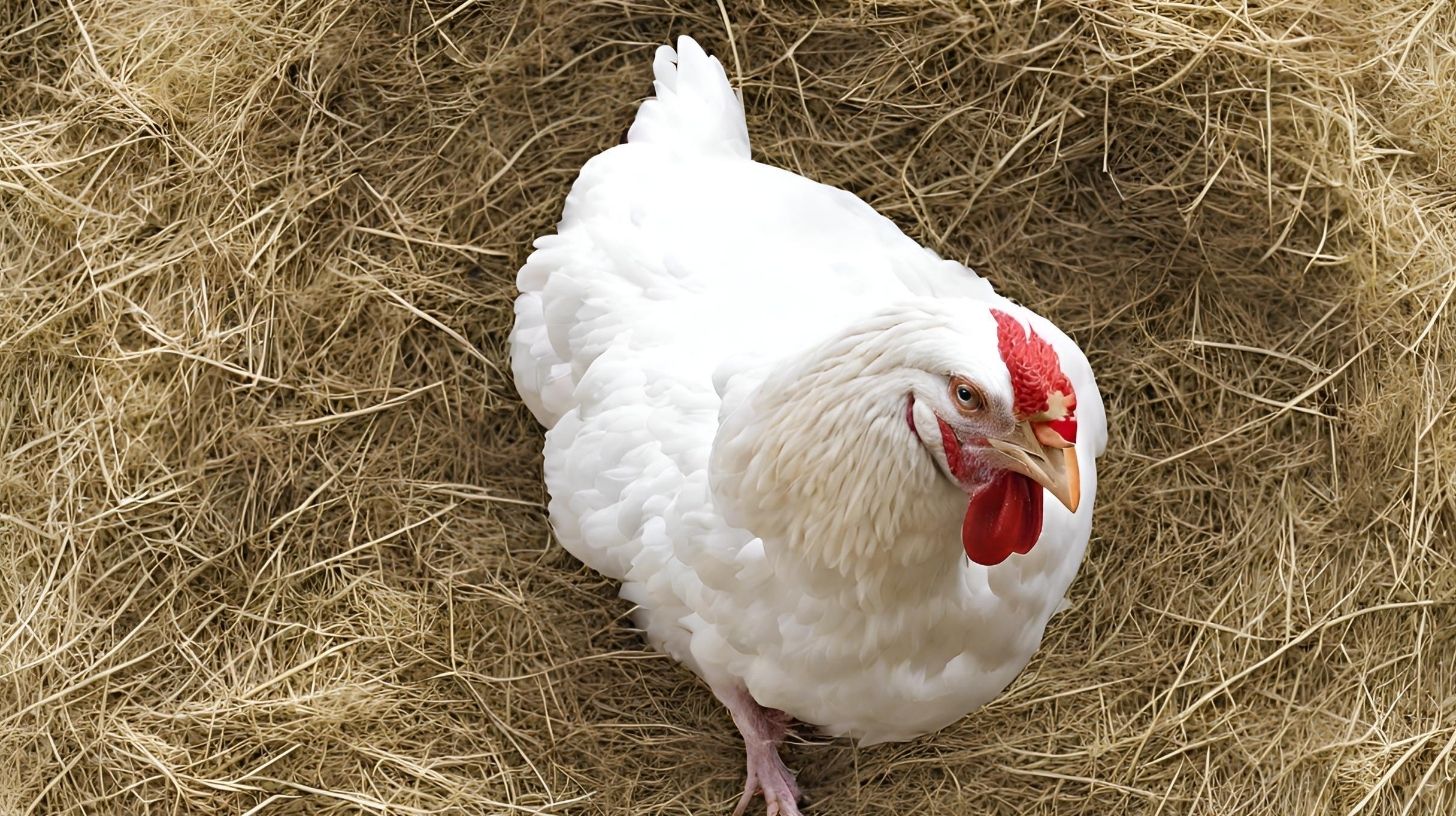 Purchasing and Storing Alfalfa for Chickens
Purchasing and Storing Alfalfa for Chickens
When selecting alfalfa to feed chickens, quality is important:
- Buy pesticide-free alfalfa certified organic, if possible. Ask for test results.
- Check alfalfa hay, pellets, and meal for signs of mold, discoloration, or rancid smell. Discard any spoiled batches.
- Select green, leafy alfalfa hay with lots of stems and minimal dust or dirt. Avoid hay with thick, woody stems.
- For pellets or meals, choose certified GMO-free and non-medicated types made for chickens.
- Avoid alfalfa designed for other animals like rabbits or cattle, as these have different nutritional levels.
Proper storage is also key to preserve nutrients and prevent mold growth:
- Store hay bales in a dry, covered area protected from rain, moisture, and direct sun.
- Keep alfalfa pellets or meals in the original bag in a cool, dry place. Refrigerate or freeze opened bags.
- Use airtight containers like buckets or cans for chopped loose alfalfa, pressing out air.
With quality sources and careful storage, alfalfa can retain its nutritional value for chickens. Discard any excess that shows signs of spoilage.
Is Alfalfa Safe For Chickens?
Alfalfa is considered safe for chickens in small to moderate quantities, as long as it is balanced with other feed sources. But there are some important considerations:
- Moldy or spoiled alfalfa can cause toxicity. Only feed chickens fresh, high-quality alfalfa.
- The high protein content makes it risky to feed too much alfalfa. Follow recommended maximums.
- Alfalfa’s imbalanced calcium: phosphorus ratio means layer hens may need extra calcium.
- Some alfalfa is treated with herbicides or pesticides that can be unsafe if ingested. Buy organic when possible.
- Medicated alfalfa intended for other livestock can be harmful. Purchase chicken-specific products.
As with any new feed, introduce alfalfa slowly while assessing chickens’ health and productivity. Remove it immediately if any adverse effects are observed. Overall, feeding moderate amounts of quality alfalfa under proper supervision can be a safe nutritional supplement for backyard chickens.
What Are the Benefits of Feeding Chickens Alfalfa?
Supplementing chickens’ diet with a small amount of alfalfa can provide certain benefits:
- Higher egg production: The extra protein in alfalfa can increase egg-laying, especially for heavy producing breeds.
- Increased fertility: Some chicken keepers report roosters’ fertility improves when alfalfa is provided.
- Rich yolk color: Alfalfa contains carotenoids that can lead to darker, richer colored egg yolks.
- Healthy feathers: The protein supports feather growth and re-growth during molting periods.
- Stimulates appetite: Alfalfa’s texture and flavor can encourage picky eaters to eat.
- Supports digestion: Fermentable fiber in alfalfa may promote a healthy gut microbiome.
- Foraging enrichment: Chickens enjoy pecking at and eating fresh alfalfa sprouts or hay.
The vitamins and minerals in alfalfa also help support chickens’ overall health and immunity when included as a supplemental feed in moderation.
Should I Feed My Chickens Alfalfa?
Deciding whether to feed chickens alfalfa depends on your goals, setup, and how much time you want to spend preparing special feeds. Here are some factors to help determine if feeding alfalfa is right for your flock:
Consider feeding alfalfa if:
- You want to maximise egg production from heavy laying chicken breeds
- Your chickens need more protein at certain life stages like molting
- You want to provide nutritional variety and foraging enrichment
- You have brooding hens and growing chicks who need extra protein
- Your chickens enjoy nibbling on greens and leafy plants
Avoid feeding alfalfa if:
- You don’t want to deal with the storage requirements for hay bales
- Your chickens are prone to get overweight on rich foods
- Your chickens have liver or kidney problems and can’t tolerate high protein levels
- You don’t want to take the time to hand feed or monitor how much they eat
- Your chickens have plenty of protein from their existing feed regimen
Consider your specific goals and context to decide if supplementing with alfalfa makes sense for your backyard flock. It can be a healthy addition when fed properly but requires some extra management.
Do Chickens Like Eating Alfalfa?
Many chickens enjoy eating fresh alfalfa sprouts and leaves when given the chance. Here’s why alfalfa can be an appealing feed supplement for chickens:
- Crunchy texture – chickens like to dig and peck at sprouts and shred green leafy hay
- Bright green color – attracts chickens visually; shows high nutrient content
- Fresh and juicy – chickens gravitate toward moist greens over dry feeds
- Mild sweet taste – alfalfa has a subtle appealing flavor chickens tend to like
- Nutritious – chickens may be able to sense or taste the high protein and mineral content
- Natural food source – satisfies chickens’ instincts to forage on greens and seeds
Chickens that eagerly eat up alfalfa are getting nutritional benefits from its protein and nutrients. Their interest shows it’s a welcome supplemental feed. Make sure not to overfeed alfalfa to chickens that love it. Monitor their intake as part of a balanced diet.
Is Alfalfa High in Protein for Chickens?
Yes, alfalfa is very high in protein compared to the levels backyard chickens need. Here’s how the protein content of alfalfa compares:
- Alfalfa hay or leaves contain 15-25% protein
- Alfalfa pellets and meal contain 12-20% protein
- Alfalfa sprouts contain up to 30% protein when just sprouted
- Chickens only need 14-18% protein in their overall diet
So alfalfa can provide well over what chickens need in their feed ration. Excess protein gets converted to energy or excreted as waste. That’s why it’s important to limit alfalfa to 10% or less of total feed intake.
Chicken keepers looking for a protein boost can use alfalfa strategically during periods of higher demand like:
- For chicks under 16 weeks old
- When pullets are developing eggs from 16-20 weeks
- When molting and regrowing feathers
- For heavy producing heritage egg laying breeds
Using alfalfa sparingly to supplement protein is safer than increasing feed amounts. But Balancing it with lower protein feeds is essential to avoid toxicity.
FAQs about Feeding Chickens Alfalfa
Can chickens eat alfalfa pellets?
Yes, chickens can safely eat high-quality alfalfa pellets in moderation. Look for pellets made specifically for chickens, limiting them to 10% or less of the total diet. Avoid medicated cattle alfalfa pellets.
Can chickens eat alfalfa hay?
Chickens can nibble on alfalfa hay. Chopped, fresh green leafy hay is best. Hang bundles for them to peck at or stuff in a mesh ball feeder. Limit intake to prevent waste.
Can chickens eat alfalfa meal?
Alfalfa meal is finely ground dried alfalfa. It can be fed to chickens mixed into feed or sprinkled as a topper. But limit to 5-10% of diet, as the protein content is very concentrated.
How much alfalfa can chickens eat?
Adult chickens should eat no more than 10% alfalfa in their diet. Limit chicks under 16 weeks to 5% or less. Too much can cause toxicity from excessive protein.
Is alfalfa safe for baby chicks?
Alfalfa is safe for chicks in small amounts, up to 5% of total feed. But chicks require starter feed with precisely balanced nutrition not met by alfalfa alone.
Can chickens eat alfalfa everyday?
Chickens can eat a small amount of alfalfa each day as part of a varied diet. Feed other grains, vegetables, fruits, and treats in higher proportions than alfalfa to prevent toxicity.
Is alfalfa high in calcium for chickens?
No, alfalfa is not particularly high in calcium. Its calcium: phosphorus ratio is imbalanced, so chickens eating alfalfa need extra calcium from sources like oyster shell.
Conclusion
Chickens tend to enjoy eating fresh alfalfa sprouts and shredded alfalfa leaves. But with its high protein levels, alfalfa should not exceed 10% of the total diet and must be balanced with other feed sources.
Monitor chickens closely when offering alfalfa and discontinue use if any concerning symptoms arise. Focus on purchasing high-quality, mold-free alfalfa and storing it properly. Consider alfalfa as an occasional treat, not a staple feed ingredient.
Welcome. I’m Adreena Shanum, the proud owner of this website, and I am incredibly passionate about animals, especially poultry. I founded adreenapets.com as a labor of love, stemming from my desire to share my knowledge and experiences with poultry enthusiasts worldwide.



